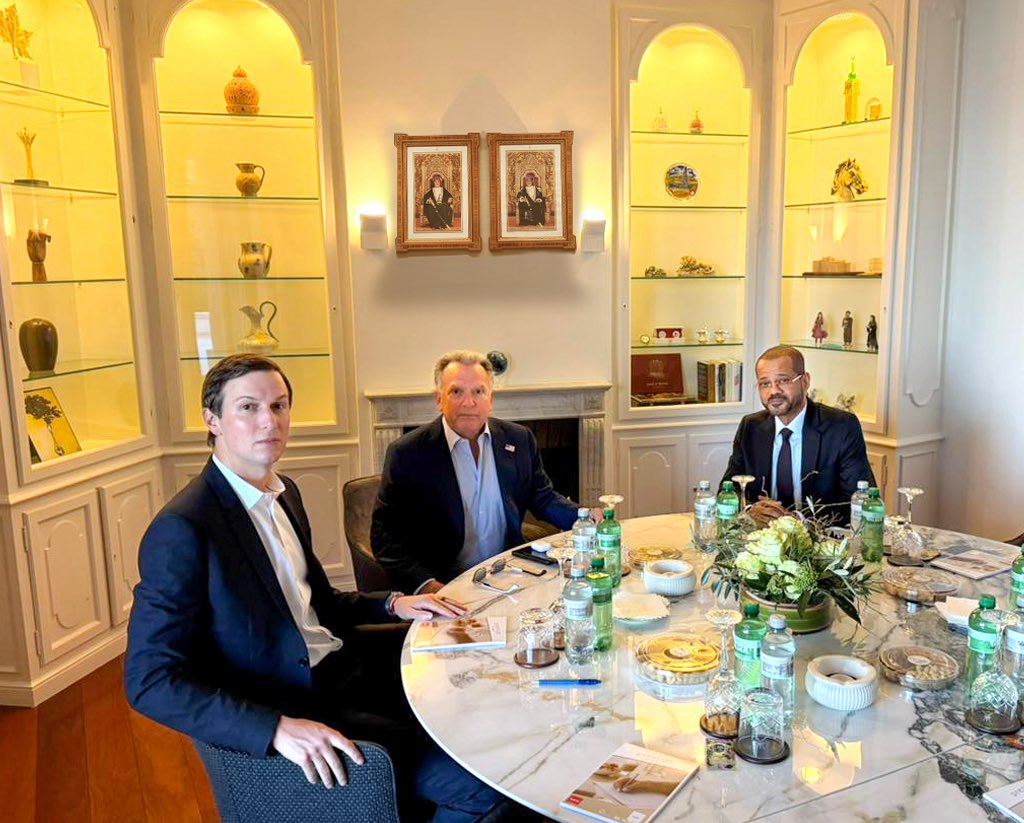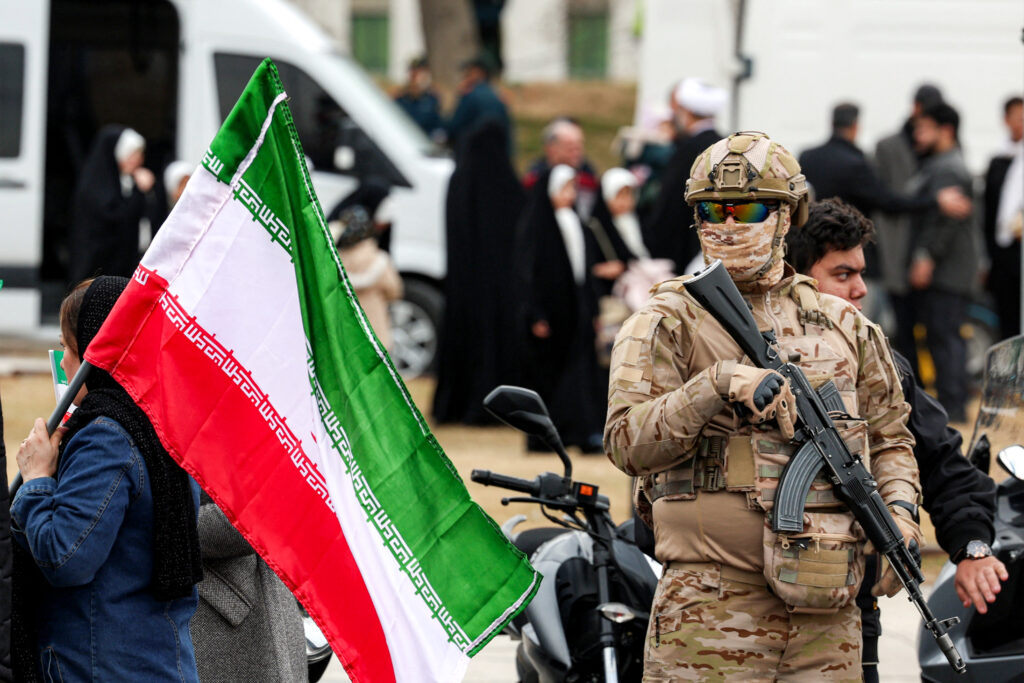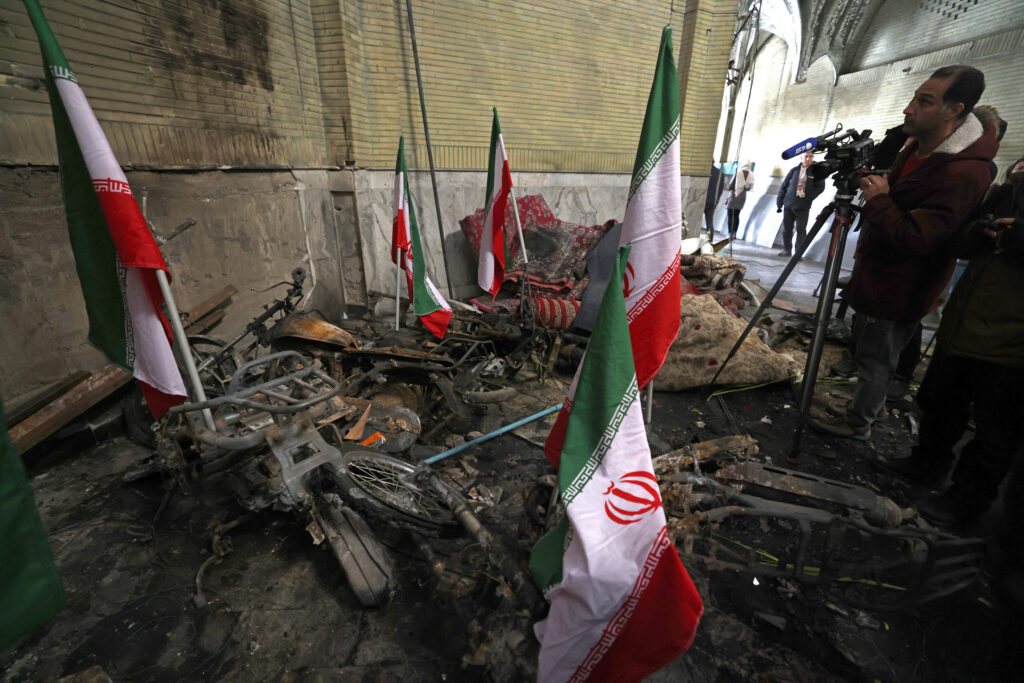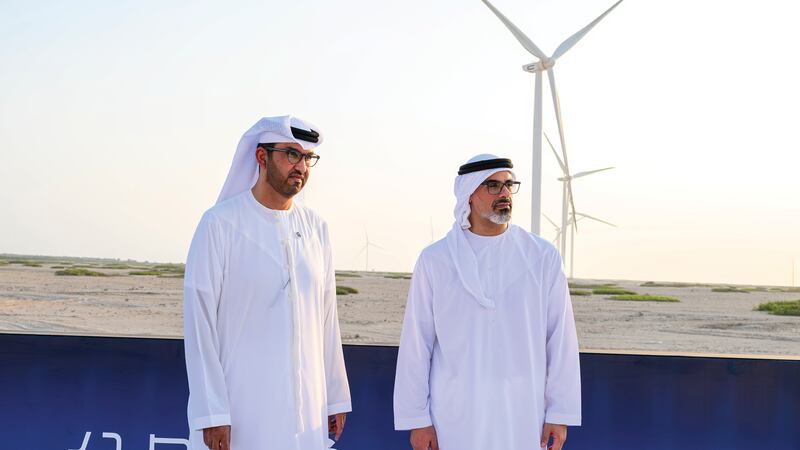Drawing from Cemil Aydin’s work, Research Associate Muneerah Razak analyses and discusses what is meant by the “Muslim World”.
What is the “Muslim world”?
- -
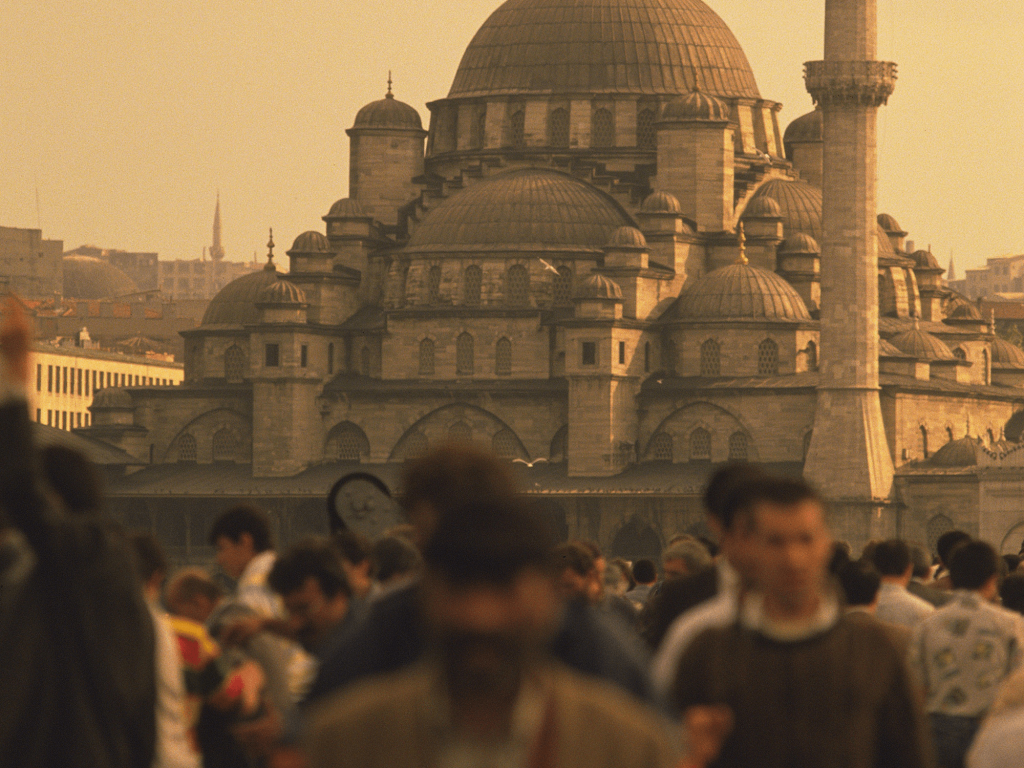
With such diversity within Muslim societies in terms of categories such as race, what does “the Muslim world” as a concept even mean?
With my lived experience in mind, approaching Cemil Aydin’s book “The Idea of the Muslim World: A Global Intellectual History”was a treat: reinforcing and challenging my understanding of what the “Muslim World” meant and how scholarship had been treating this concept.
Aydin argues that “this narrative of a singular Muslim civilization led to amnesia about cosmopolitan Muslim empires, which could not be reduced to a simplistic civilizational model. Centuries of shared experience with Hindus, Jews and Buddhists; shamans; Christian Arabs, Greeks and Armenians; and others were ignored.” (p. 9)
Aydin’s main thesis is that “Muslims did not imagine belonging to a global political unity until the peak of European hegemony in the late nineteenth century” (p.3). He explained how Muslims lived in many different empires and caliphates, alongside other faith communities within these empires. During the early modern period, conflicts between Muslim states were more apparent than those between Muslims and Christians. He highlighted the example of Tipu Sultan, the sultan of Mysore, who sought the aid of the Ottomans to oust the British East India Company from his territory in 1798. Tipu was disappointed as the Ottomans held strongly to their geo-strategic interests at the time –an alliance with Britain against French involvement in Ottoman Egypt. Competing cosmopolitan empires did not see themselves as operating in a religiously-motivated binary of the “Muslim world” vs the “Western world”. Imperial rulers of various kingdoms and empires would conduct their domestic and foreign policies based on political interests and expediencies, rather than religious loyalties. As an example, he highlighted how Muslims imagined their future under Queen Victoria while many Balkan Christians accepted the rule of the Muslim sultan in Istanbul.
Aydin posits that the origin of the “Muslim world” was the result of 19th century colonial politics, which was consequently solidified by pan-Islamic discourses of Islamic modernism. Multiple historical processes in the imperial era occurred that subsequently led to the imperial “racialization” of various Muslim populations. This led to Muslims responding to the same civilizational discourse. He also notes that Cold War politics and the rise of nationalism saw the repetition of the racialization of Muslims, by Muslims and non-Muslims alike, inheriting the template of civilizational discourse from the imperial era but using the concept for different political purposes. Here, he explains how pan-Islamists, Muslim modernists and, later on in the 1980s, political Islamists linked the notion of the ummah[1] with “the Muslim world”[2]. This was done for geopolitical purposes and to counter imperialism. At this point, Aydin argues that they have established a symbiotic relationship: pan-Islamism creates a counter narrative that Muslims are isolated and separate from others in the modern world (Huntington’s civilizational discourse).
I quote an interview by Cemil Aydin[3]: “I want to invite readers to rethink their belief in the idea of a Muslim unity or Muslim world. This idea is an essential basis of not seeing them as individuals, or people with citizenship or claims, but seeing them as representatives, tools, pawns or extensions of a dangerous geopolitical bloc. That affects the rights of Muslims in Europe and America. It also encourages a kind of posturing whereby any person who wants to be the “leader of the Muslim world” now appeals for Muslims in Europe, for example, to act as an infiltrating tool of an expanding Islamic world.”
[1]Ummah meaning the community of believers across space and time, not a clearly marked territory and state or geo-political project.
[2]“The Muslim world” referring to the concept of geo-political unity based on share religious identity
[3]http://www.hurriyetdailynews.com/interview-cemil-aydin-on-the-idea-of-the-muslim-world-112770

